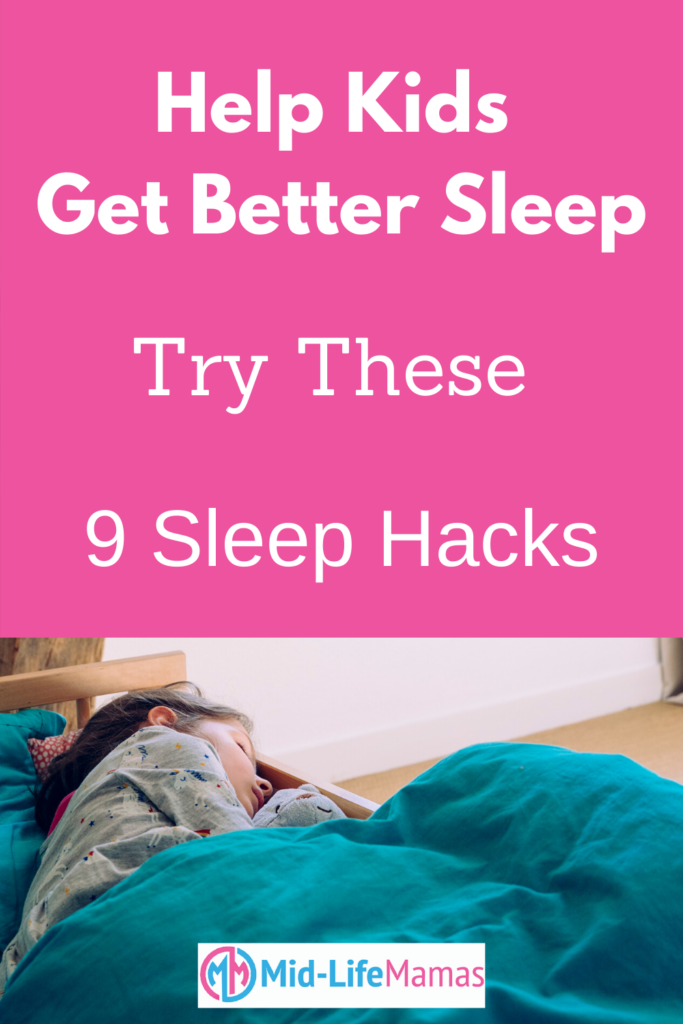
When our children get enough quality sleep we all win on so many levels. They are happier, healthier, make better choices, have less meltdowns, are more focused and have less behavioral problems at school. So how can we help our kids get better sleep?
When our kids get better sleep we feel happier and it helps us feel like we’re pretty good at this parenting thing (virtual high-5 Mom and Dad). Sleep satiated children reduce our stress levels and also has the potential to give us more time to ourselves. I don’t know about you but I’ll take all the “Me Time” I can get.
How Much Sleep Do They Need?
According to the National Sleep Foundation sleep needs vary with age. But in general, young children need approximately 11 to 12 hours each night. Teens need between 8.5 and 9.25 and adults need 7 to 9 hours.
These numbers are great guidelines to follow. In order to get these amounts it’s so important to have a set bedtime and wake up time. But more importantly it should be about the quality of their sleep.
If they’re waking up in the middle of the night or laying in bed and can’t fall asleep it doesn’t necessarily matter what time they go to bed.
So how do we help our kids get better sleep and why is it important?
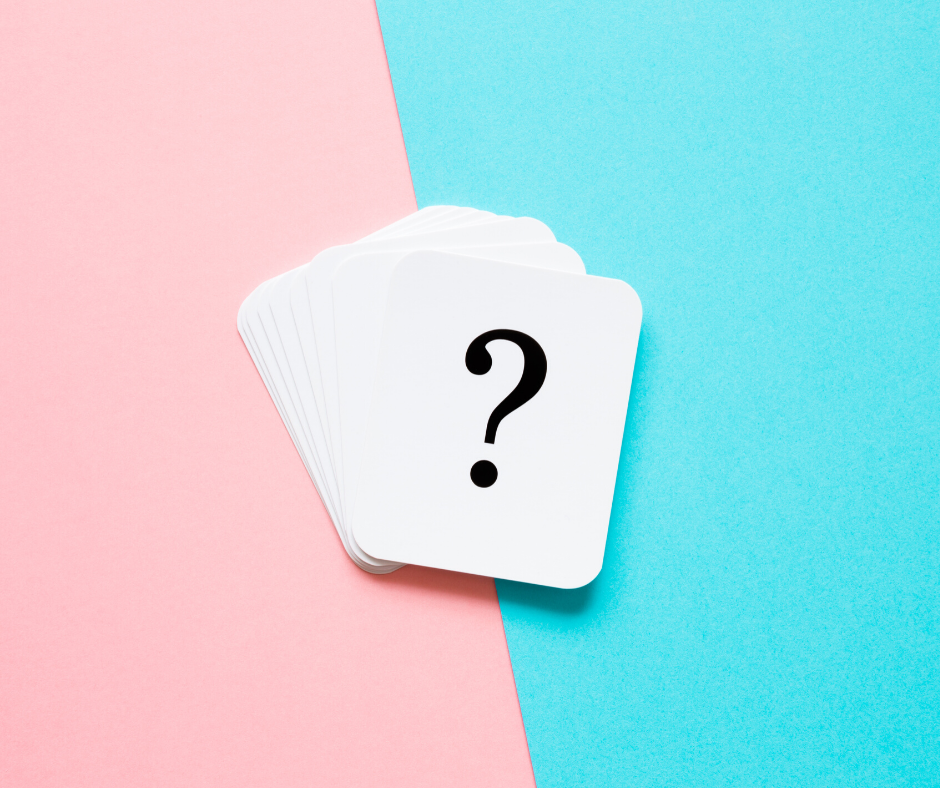
Why Is Sleep So Important?
This is the time when kids grow and when their brains process new information just to name a couple of reasons. According to sleep experts it may also reduce the risk of them becoming overweight and developing diabetes in the future.
As parents it’s safe to say that we’ve all been sleep deprived at different times in our lives and we “power through.” Kids however have a harder time dealing with the effects of sleep loss than adults according to Judith Owens, MD, director of the Center for Pediatric Sleep Disorders at Boston Children’s Hospital.
Since sleep is so important we need to do everything we can to help our kids get better sleep.
Are You Tired?Try These Strategies
What Does The Glymphatic System Have to Do with Kids Sleep?
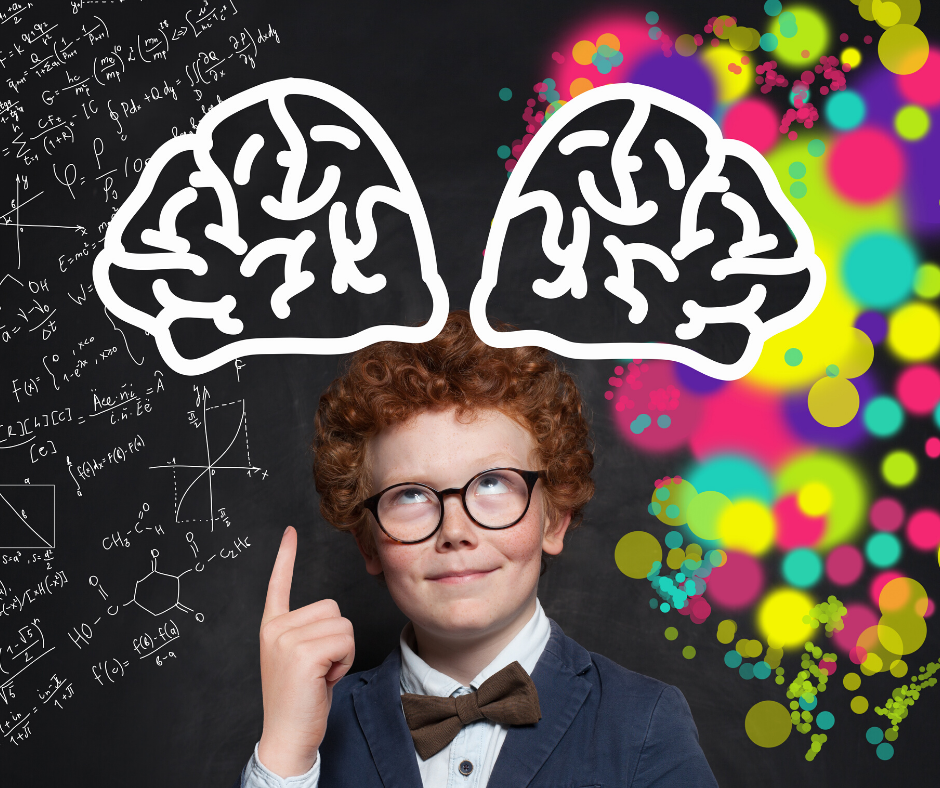
The glymphatic system is a recently discovered waste clearance system that eliminates wastes from the central nervous system a.k.a the brain and spinal cord. This system mainly functions while we sleep, not during wakefulness.
Besides getting rid of potentially neurotoxic and other wastes from the nervous system it also help with brain-wide distribution of several compounds, including growth factors.
Since this system works when our kids (and us, don’t neglect your sleep) are asleep you can see why the quantity and quality of sleep is so important. Helping kids get better sleep is one of the many important jobs we have as parents.
9 Ways to Help Kids Get Better Sleep
1.Create a Consistent Bedroom Routine
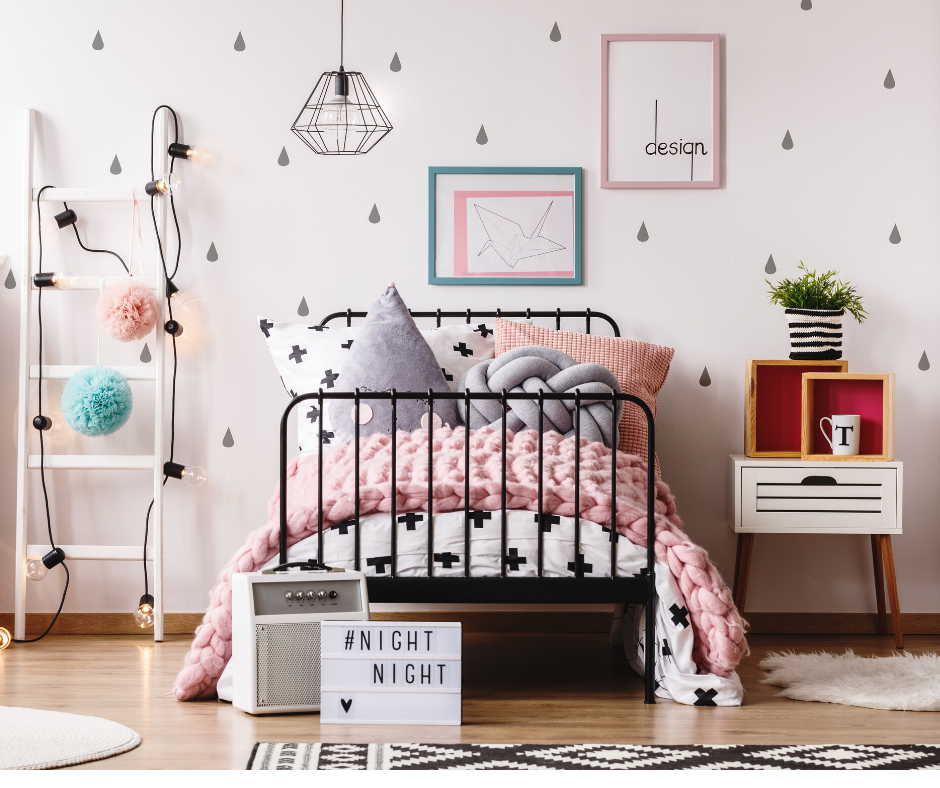
Going to bed should be something that children and parents are both happy about. Unfortunately, a lot of children want to stay up late and then not get up in the morning. Like other habits the more frequently and consistently that you do something, the more you are likely to actually do it in the future.
The more efficiently your kids get ready for bed, the sooner they will get to bed and theoretically sooner to sleep.
According to a new British study published in Pediatrics, not only does a routine help get your child ready to sleep, it results in better behavior during the day. When children’s bedtimes are delayed or irregular, their behavior often suffers.
A daily scheduled bedtime is an important and powerful tool that helps kids get better sleep. It results in children regulating themselves, developing positive behaviors, and being successful at home and in the community.
This British study, which analyzed sleep times and behavior problems in young children from 3 to 7 years old, found that inconsistent bedtimes have long-term effects on behavior and none of them are good.
2. Turn off TV and Other Devices 1-2 Hours Before Bedtime
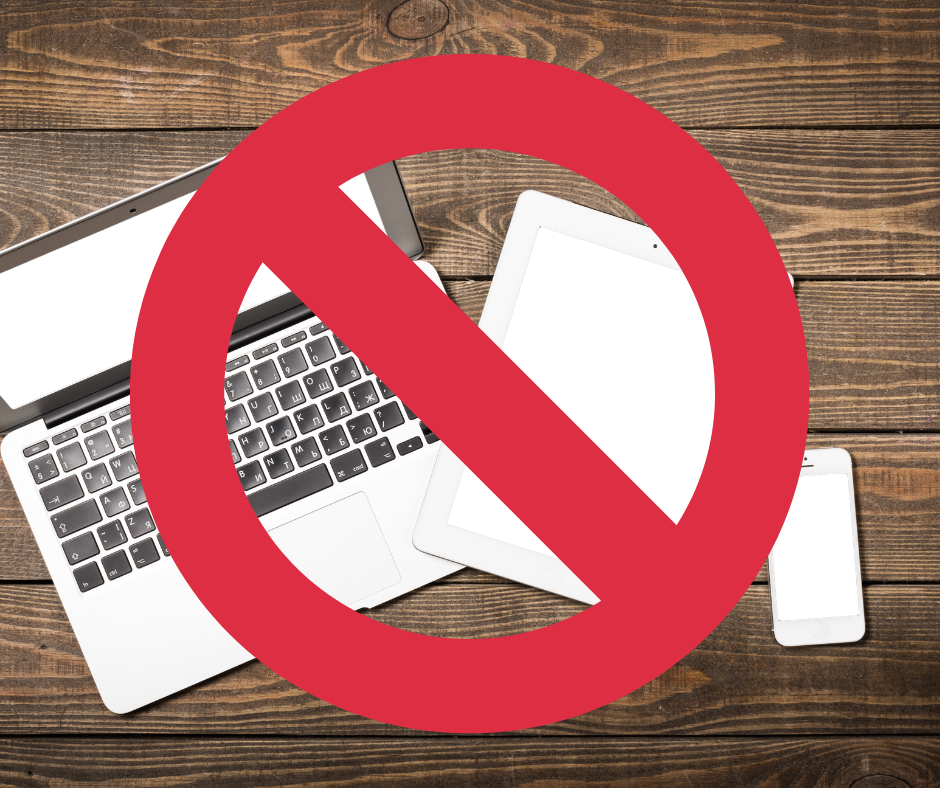
Electronic screens emit blue light. It interferes with the production of the hormone melatonin also known as the sleep hormone.
In addition, blues light causes the body to produce daytime hormones like cortisol. This can trick bodies into thinking that it’s time to wake up instead of time to go to sleep.
A study published in Pediatrics in November 2017 found that children and adolescents are particularly vulnerable to sleep disruptions caused by screens.
Though the blue light that’s emitted from screens can be harmful to anyone’s sleep. Kids are more impacted due to their still-developing eyes and brains. Blue light reduces the amount of the sleep hormone melatonin for kids by half when exposed to screens. That means they’re more likely to sleep fewer hours and have poor-quality sleep.
Want to help kids get better sleep? Turn off those devices!
Kids behavior is often worse when their bedtimes are delayed or irregular.
According to a new British study published in Pediatrics, not only does a routine help your kids get better sleep, it results in better behavior during the day.
This British study analyzed sleep times and behavior problems in young children from 3 to 7 years old, found that inconsistent bedtimes have long-term effects on behavior and none of them are good. A daily scheduled bedtime is an important and powerful tool that helps children regulate themselves, develop positive behaviors, and function successfully at home and in the community.
3. Keep Energy Low
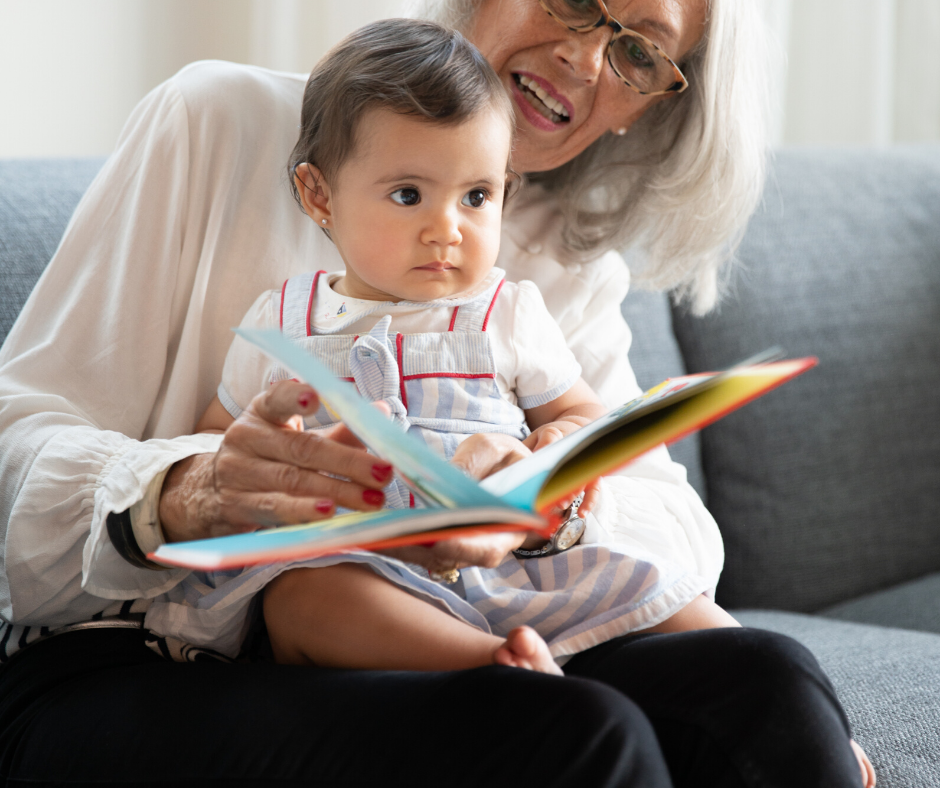
I’m sure a lot of Moms with “fun Dads” out there have had this experience. You’re getting the kids ready for bed when in comes Dad who wants to say good night in a rambunctious way. Now the kids just want to play due to the boost of adrenaline they just received.
Thanks Dad (said sarcastically)!
Have a wind down routine with calm activities and don’t do anything energizing close to bedtime.
Try calm activities before bed such as reading a “sleepy” story, talking about a happy dream they want to have and relaxing exercises such as feeling each body part fall asleep individually from the toes to the top of the head.
Low Energy At Night-Good, Low Energy During Day-Bad
4. Ease their Fears
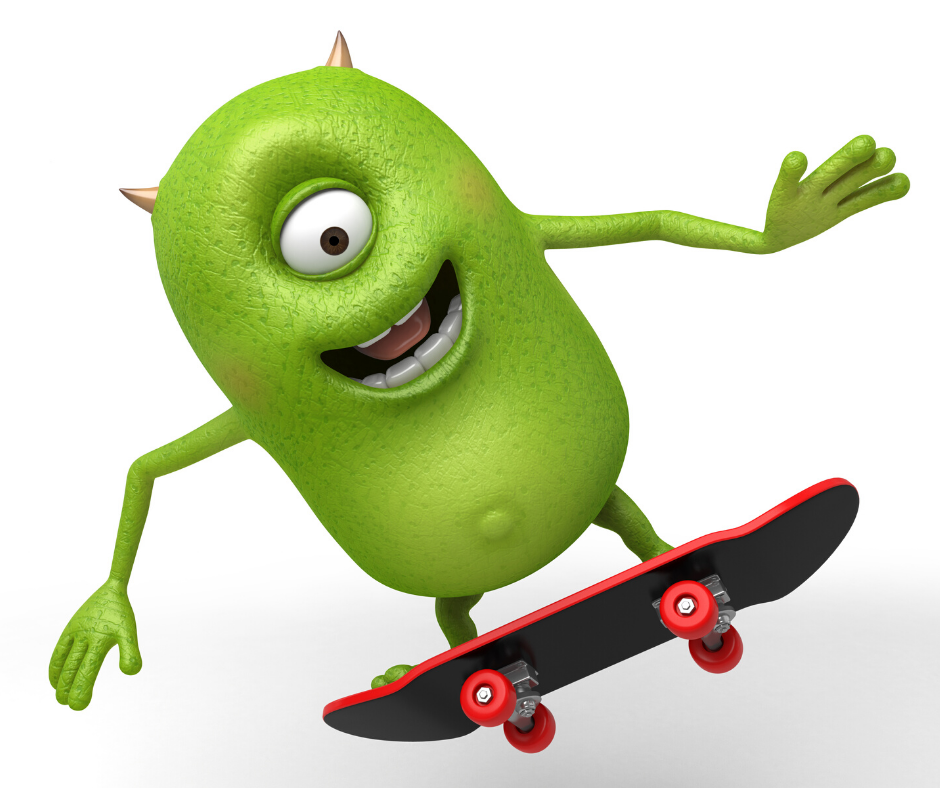
The fear of monsters, bad dreams, their day tomorrow and anything else that scares them can significantly interfere with their sleep.
You can explain all you want that monsters don’t exist but if they think that they’re real then they’re very real. You can do a quick monster check under the bed, closets or any potential monster hiding place.
If that doesn’t work try some “monster spray” which can be purchased with a cute picture on it or just by an empty spray bottle and call it invisible monster spray.
Another approach is to ask them to describe the monster and then help them turn the scary monster into a friendly monster who wants to help them go to sleep.
You can also help your kids get better sleep by trying to guide their dreams.
Ask them what things or thoughts make them happy (that’s not energizing). Then help them visualize it by talking them through it in a soothing voice.
If their fear is the result of anticipating something that’s happening the following day then find out what it is. Try waking them through it. Find out which part they’re really worried about. Then show them that it’s not as scary as they think.
This tactic can minimize their fear or totally get rid of it. It’s because you’re breaking down their fear into smaller components which aren’t so scary.
Have them visualize what’s actually scaring them. Have them see it in their mind and describe what it looks like in real life. Help them see the worst case scenario as not looking so bad.
5. Monitor What They Eat Close to Bedtime

First and foremost make sure your child doesn’t have an empty stomach.
According to Stephanie Jackson, MD, a pediatric neurologist who specializes in sleep medicine says this is more important than what a child eats. A child who goes to bed hungry is going to have a hard time falling asleep.
Ever wonder why our parents and grandparents recommended warm milk before bed time? It’s because it contains our favorite sleep hormone melatonin.
Try some warm milk to help your child relax before going to sleep.
We should always be wary of giving our children sugar and caffeine throughout the day, but close to the end of the day can lead to a very hard time getting them to go to sleep.
Sugars and simple carbs such as juice and cereal makes their blood sugar rise and then fall quickly. This leaves them hungry after they expend their energy.
Watch out for not so obvious sources of caffeine such as soft drinks and chocolate.
Caffeine takes a lot of time to be eliminated from your body. Dr. Jackson advises not to give your child caffeine within six hours of bedtime.
6. Cool It
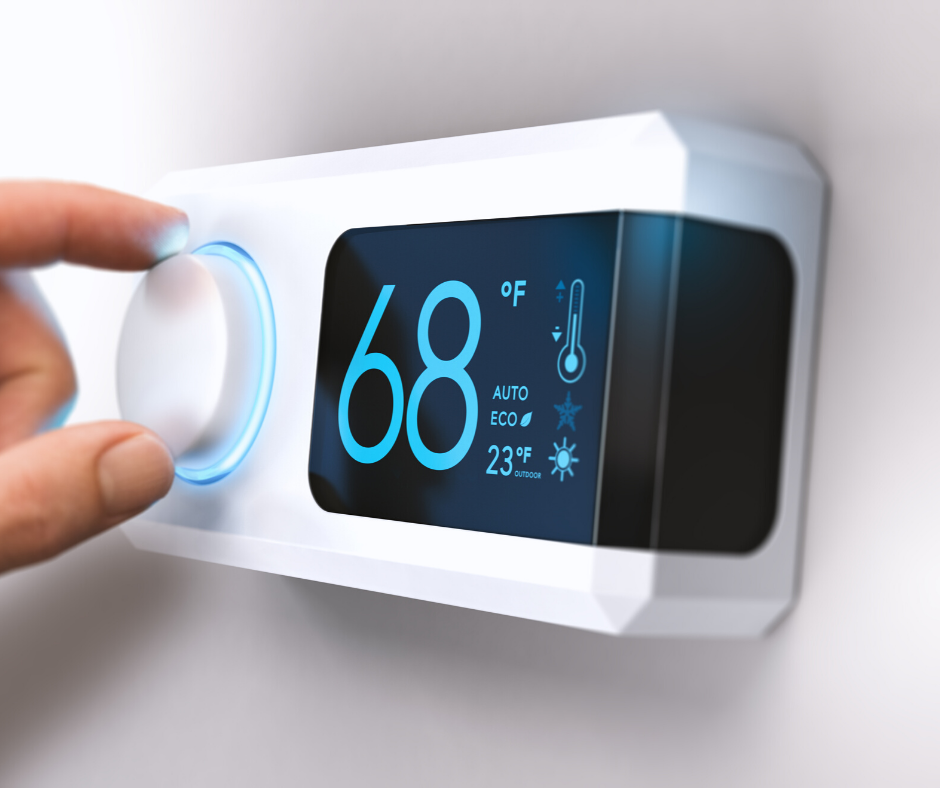
When your body’s ready to fall asleep there’s a drop in temperature to help initiate sleep. If the temperature in their bedroom is too high then it’s harder to fall asleep and stay asleep.
Studies have shown that the ideal room temperature for sleep is around 68 degrees Fahrenheit. Anything above 75 or below 54 will likely cause some difficulty sleeping.
7. Don’t Ever Use Sleep as a Punishment
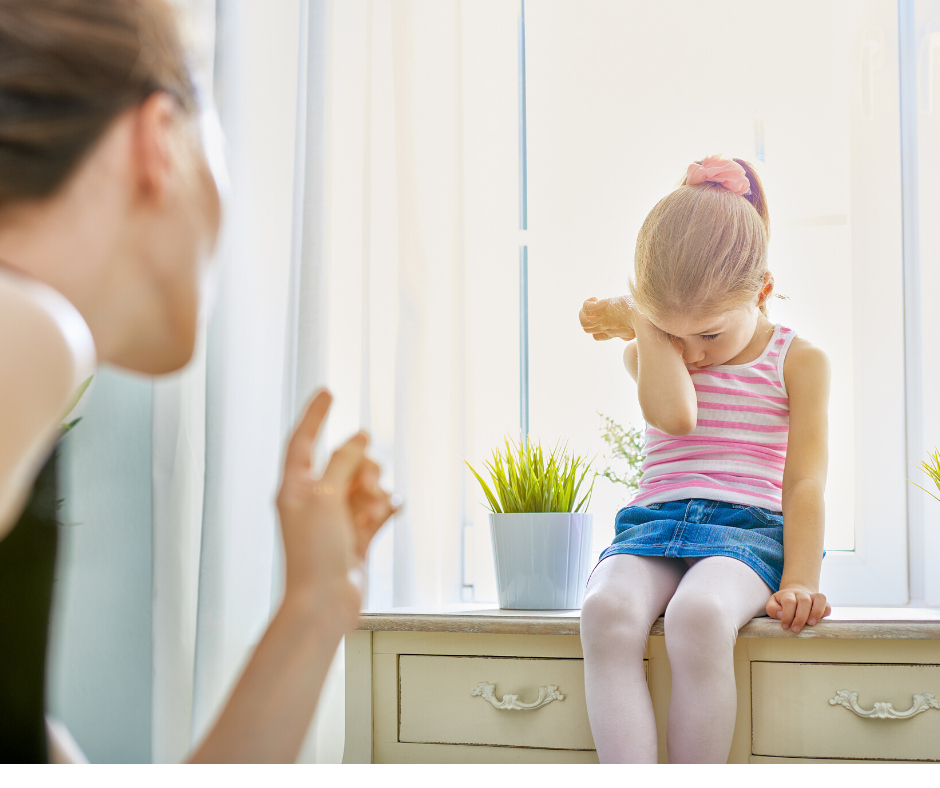
Children (and adults) should always view sleep in a positive way because it’s the time the body gets to relax, memories are stored, we get to dream and many other benefits.
Unfortunately, most kids think of it more from a Fear of Missing Out (FOMO) perspective.
Teaching our children about the importance of sleep is one of the greatest gifts we can give them. Associating sleep with a punishment turns sleep into a negative experience.
However experts recommend not to use it as a reward either. Treat the process as a time for positive reflection of their day. Help them to look forward to tomorrow such as school (if you’re lucky), lunch (more my kids speed), friends, after school activities or anything else they like.
8. Focus on Relaxation Not Sleep
If we put pressure on our kids to fall asleep it’s more than likely because we know how good sleep is good for them. But pressure of any kind doesn’t usually help when trying to instill a good habit in anyone.
Pressure can lead to anxiety and release hormones such as cortisol. Cortisol is supposed to be a daytime hormone, not a nighttime one.
9. Make it a Family Priority
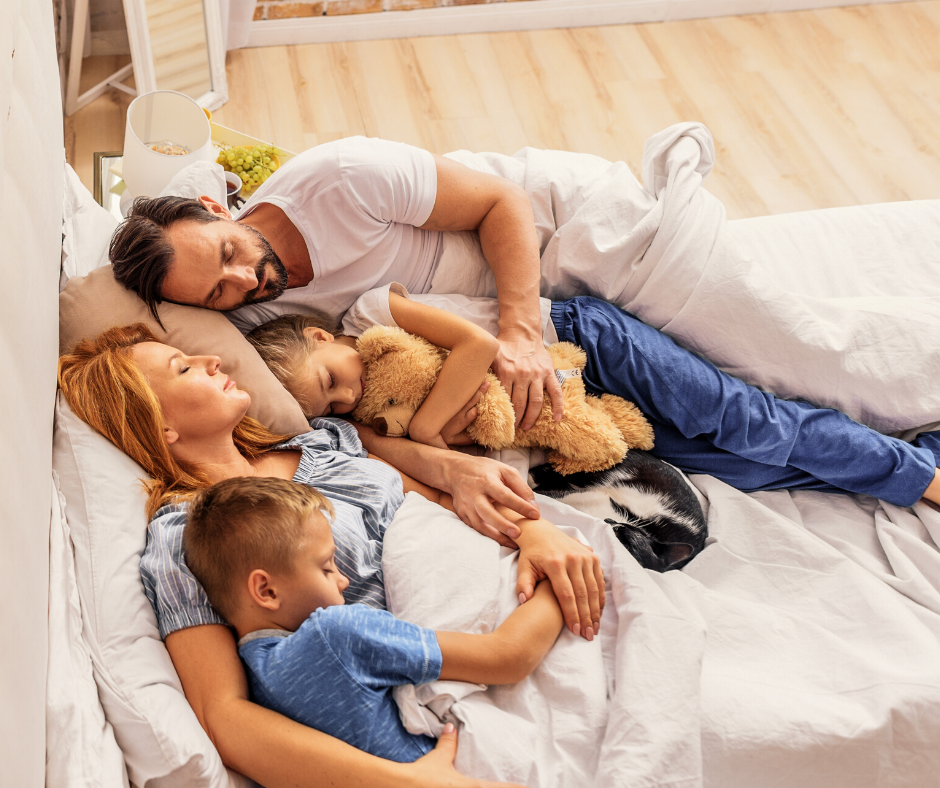
Like everything else you try to teach your kids, you should lead by example.
If you make getting ready for bed a priority, a positive process and something you look forward to every night then they should follow your lead.
This not only helps kids better sleep but you as well. Have you ever “lost it” with your kids? Then realize it happened because you didn’t get enough sleep?
Goodbye Cranky and Goodnight Sleepy
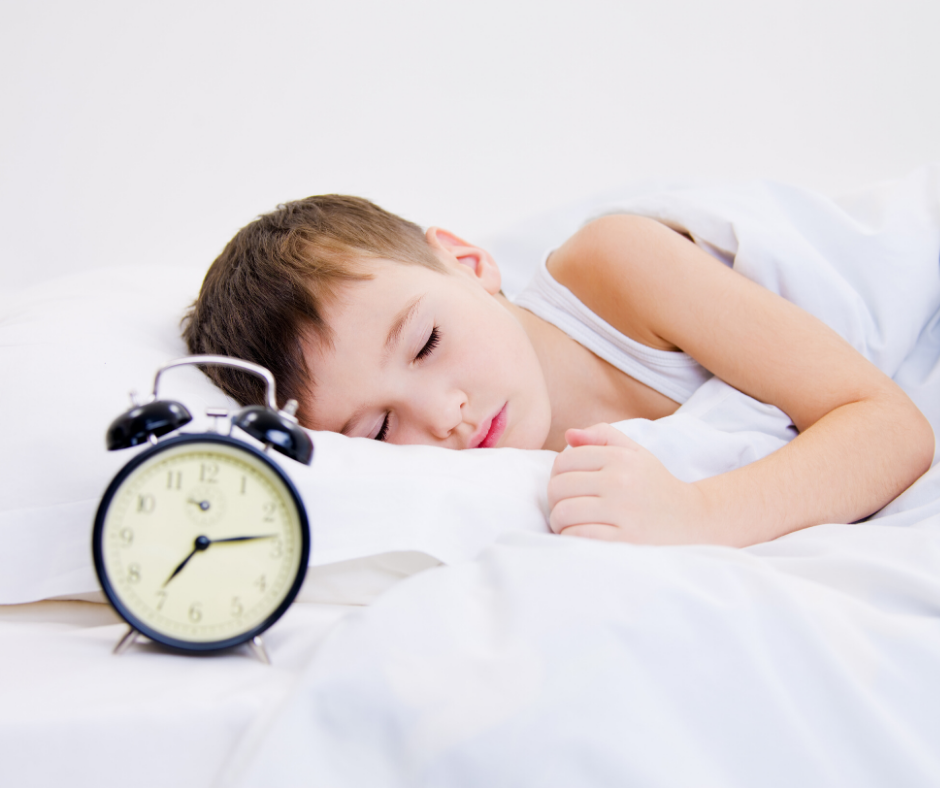
What a difference it makes in my house when everyone gets a good night sleep.
The kids get up without any (OK, you caught me, less.) prodding, they don’t fight with each other (as much) and they get ready quicker. The best benefit is that they’re happier and healthier individuals.
One of our main goals as parents should be to raise happy healthy kids. Teaching and showing them the importance of a good night sleep should be included in the “instruction manual” that we didn’t receive when we became parents.
There are so many benefits that result from our kids getting better sleep.
Try some or all of these sleep strategies and comment below what works for you and your kids.
While you’re at it try some of these yourself, you may be surprised at how much energy you’ll have during the day.
If your child has consistent problems falling and staying asleep talk to their Doctor and make sure there’s not a medical issue.
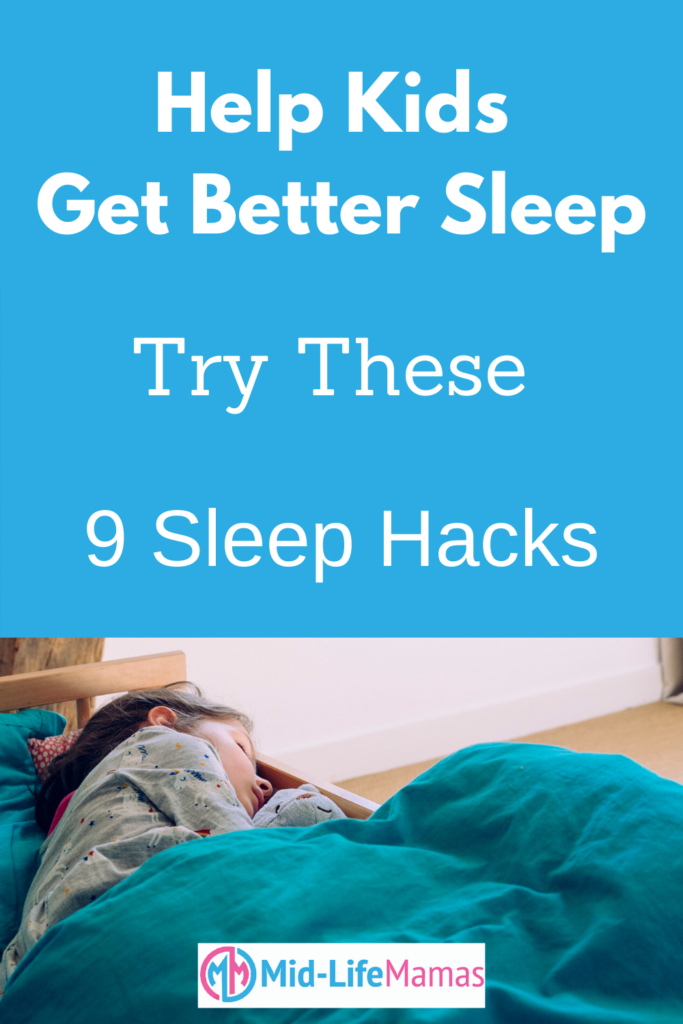
DISCLAIMER: Nothing contained in the site is intended to establish a physician-patient relationship, to replace the services of a trained physician or health care professional, or otherwise to be a substitute for professional medical advice, diagnosis, or treatment.

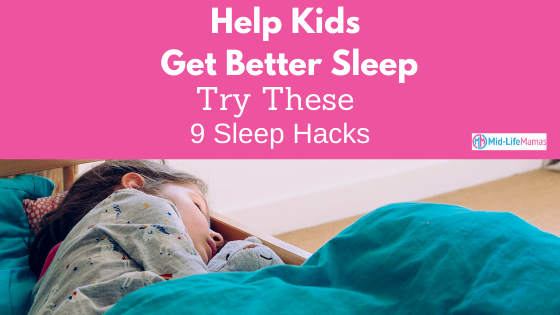



VERY helpful information! These are great tips for adults as well. I find that if I don’t turn off devices a few hours before bedtime, it is hard for me to fall asleep.
I recently bought some blue light blocking glasses. They seem to work, but I also wear reading glasses and I can’t wear them at the same time. Next ones I buy are going to be clip-ons. Thanks for reading and commenting.